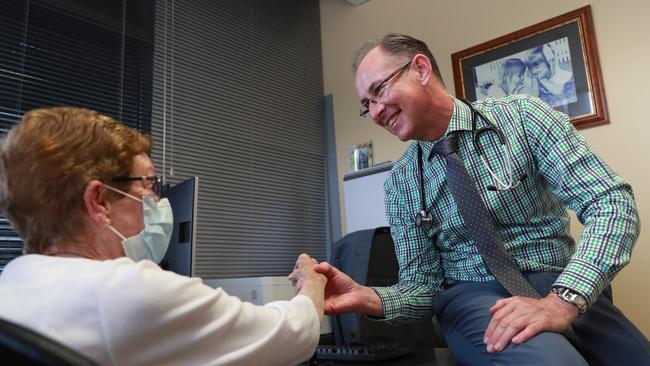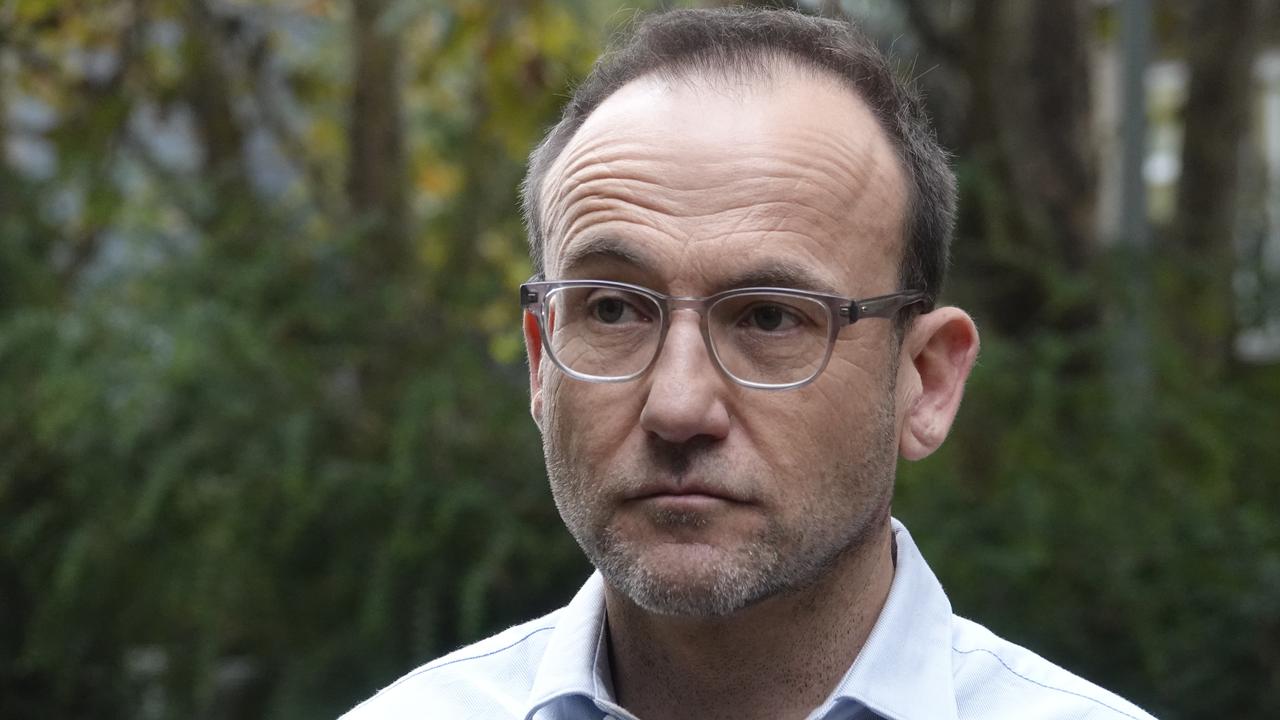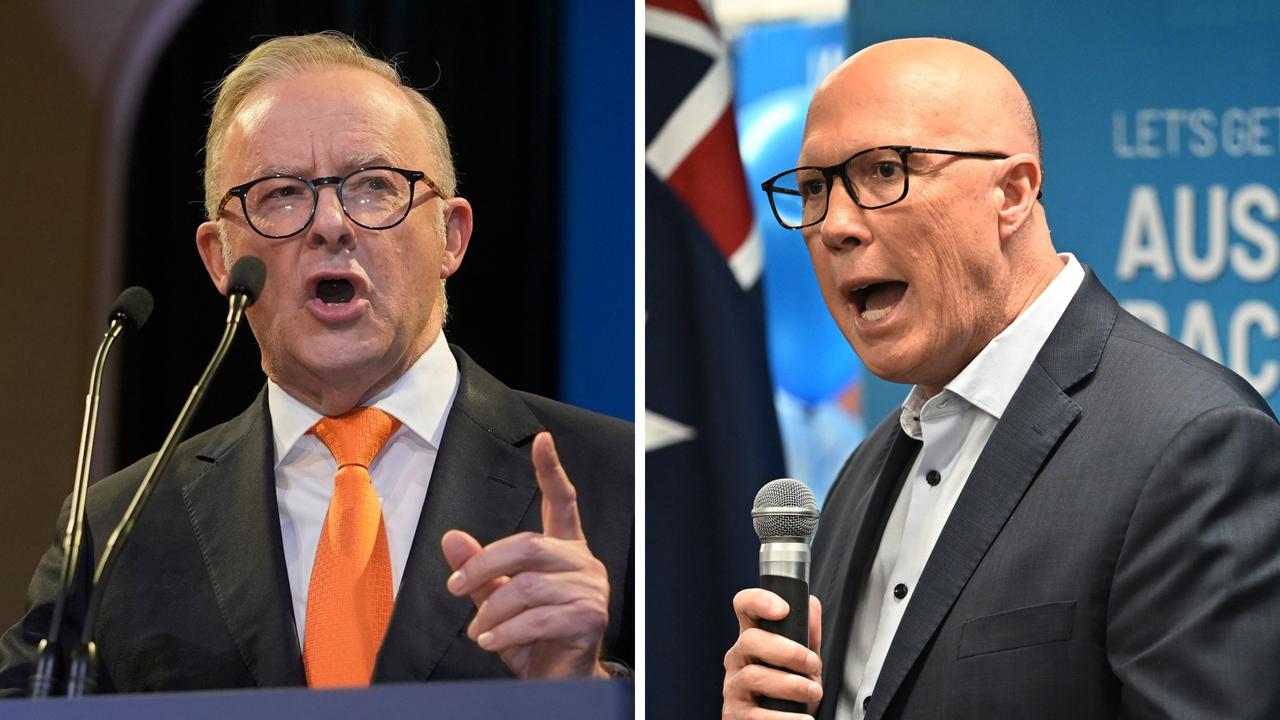Bulk billing incentive tripling ’no help to most patients’
Doctors treating patients who suffer some of the highest rates of chronic disease in the country are demanding the federal government examine the Medicare Safety Net.

Doctors treating patients who suffer some of the highest rates of chronic disease in the country are demanding the federal government examine the Medicare Safety Net, saying the tripling of the bulk-billing incentive will do nothing to help the working poor.
The safety net was introduced in 2004 to provide additional financial assistance to individuals and families who incur high out-of-pocket medical expenses. But it is now set at a level doctors say is way too high, with only small numbers of people reaching the $2414 Extended Medicare Safety Net threshold of out-of-pocket costs before they can receive 80 per cent back of gap fees back from the government.
The Extended Medicare Safety Net, which operates in conjunction with the original Medicare Safety Net that applies to gap fees, has not been reviewed in well over a decade and has not kept up with inflation.
Doctors serving patients in low socio-economic areas with heavy burdens of disease say reviewing the EMSN would be a much more significant reform than increasing incentives to doctors to bulk bill pensioners, because many pensioners get bulk billed anyway and it is the working poor who are facing the highest out-of-pocket costs.
In 2009, when it was last reviewed, the general annual EMSN threshold was $1111 for singles and families. But in 2014 it was increased to $2000 and has risen steadily since.
Melbourne GP Gihan de Mel, a member of Monash Health GP Advisory Committee, recently wrote to federal Health Minister Mark Butler over the issue.
“As a GP working at two clinics in two demographically different areas of Melbourne, I wanted to bring to your attention a significant discrepancy in the accessibility of healthcare for vulnerable individuals with chronic medical and mental health conditions,” Dr de Mel said. “Policy reforms that prioritise equitable healthcare provision for vulnerable individuals with chronic medical conditions must address these issues.”
Dr de Mel told The Australian the safety net threshold was set “way too high”. But, unlike the government’s tripling of the bulk-billing incentive – which raises the amount GPs receive for bulk billing concession card holders and children from $6.85 to $20.65 in metro areas, and from $13.15 to $39.65 in very remote areas – it has received little policy attention.
“This week marks a significant development in the GP healthcare landscape, with the bulk-billing incentive being tripled,” Dr de Mel said. “(But) it’s essential to recognise that the vast majority of the population will not directly benefit from this.
“It is disheartening to witness the inequities that arise from a system that relies on concession card eligibility as the determinant of accessibility to affordable healthcare.”
Western Sydney GP Ken McCroary, the chair of Southwest Sydney GP Link, agreed. He said some of his low-income patients couldn’t afford to pay for their medications even if they were lifesaving medicines.
“They still pay the full out-of-pocket gap fees or forgo appropriate medical care,” Dr McCroary said. “So much for universal health care.”



